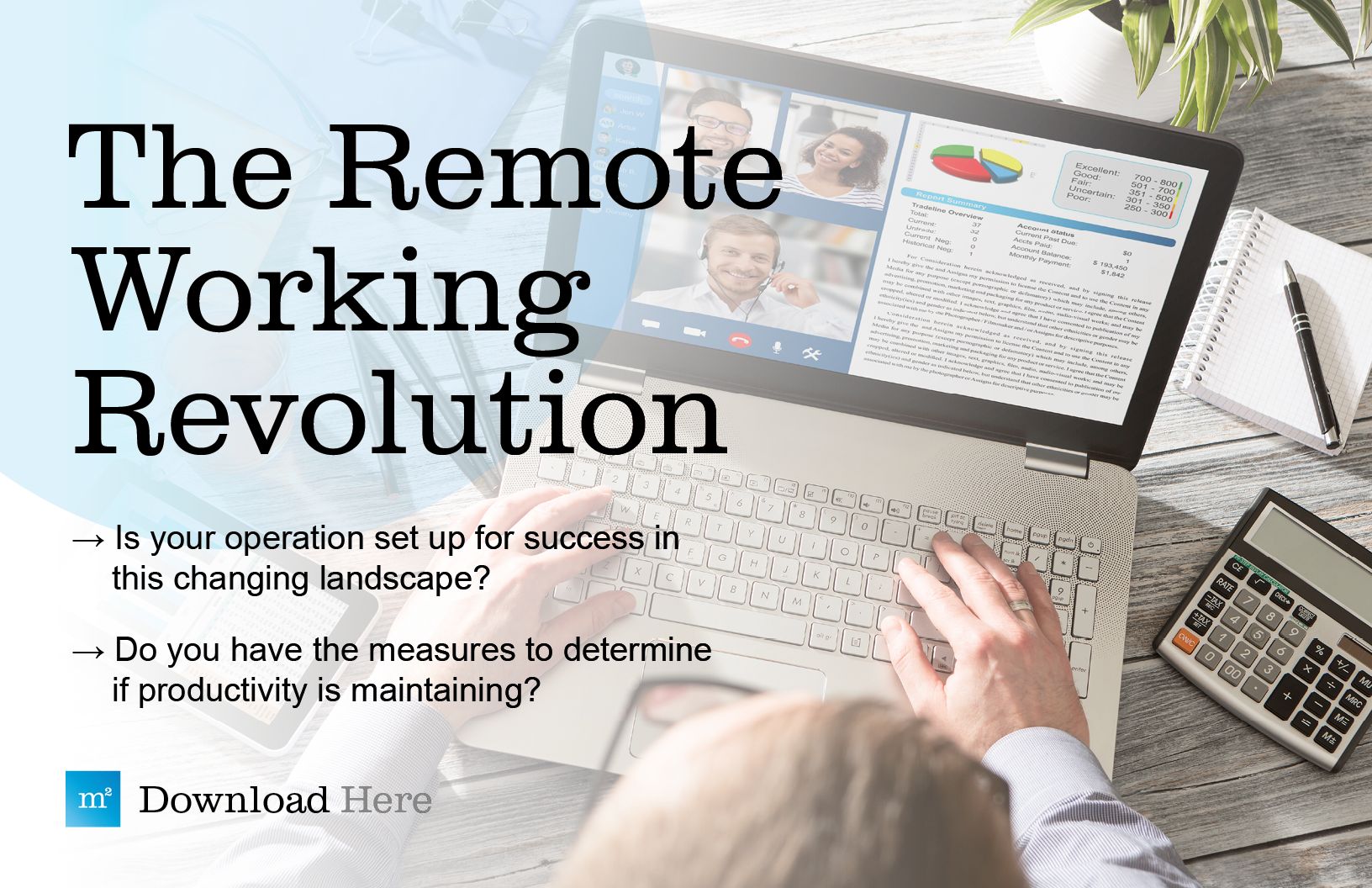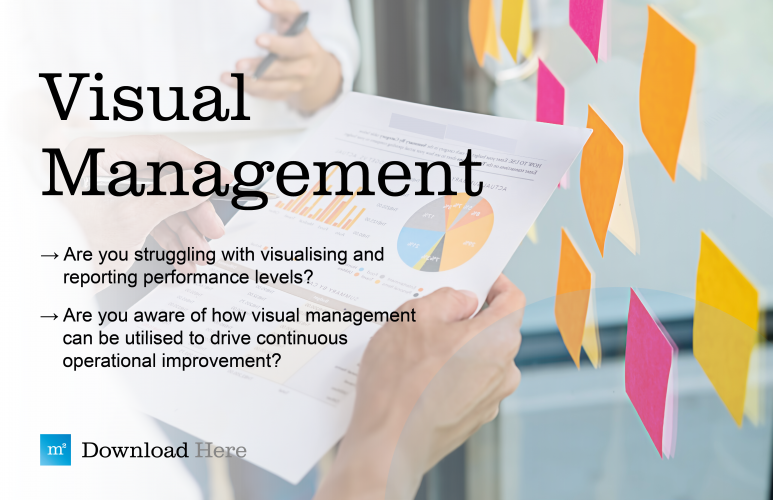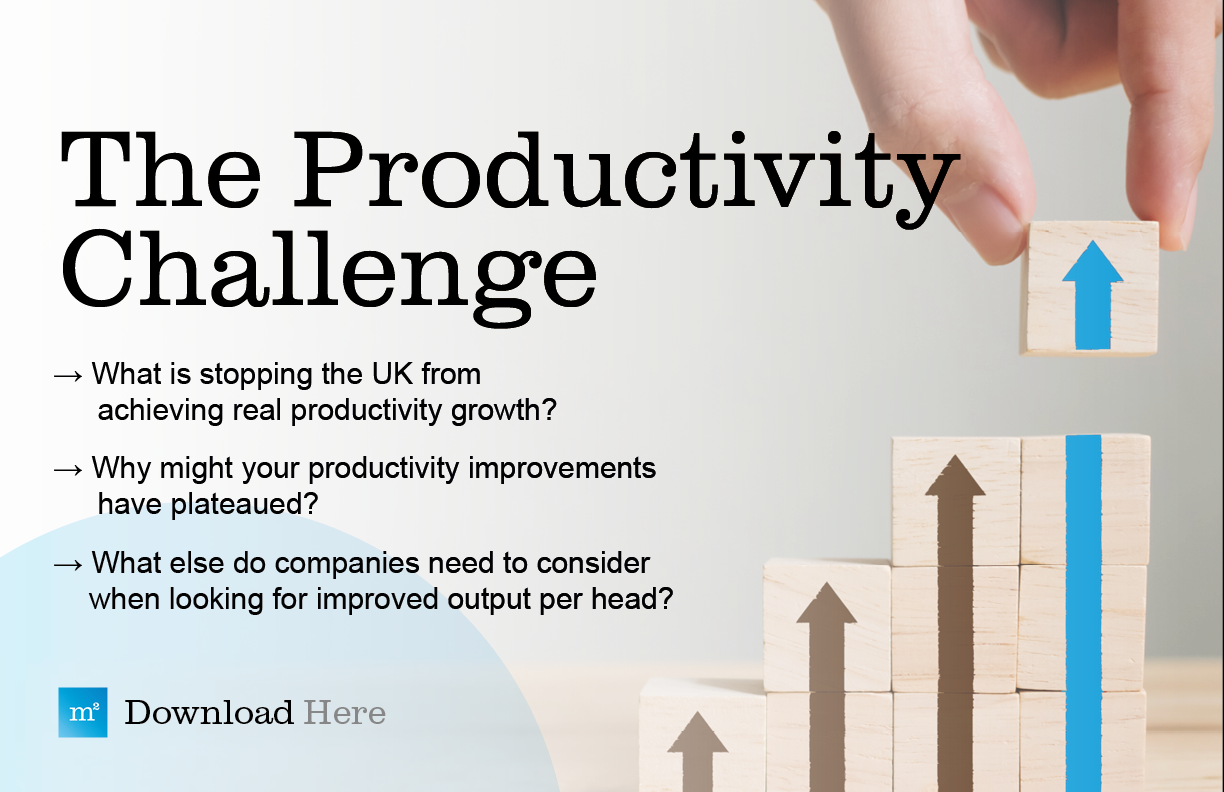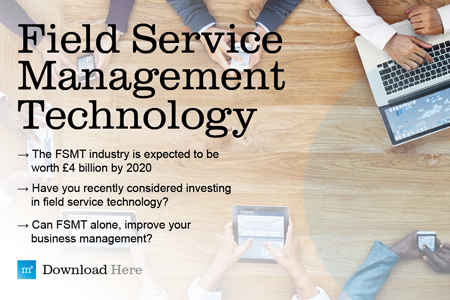FinTech
Financial services companies have been pouring money into technology to solve their problems for many years now. In our Part 1 White Paper – What not to forget when going digital in Financial Services, we explored how an effective MOS (Management Operating System) and Active Management are required to make the adoption of technology successful. In Part 2 we consider that although companies have implemented tech to varying degrees of success, it is less clear if it is delivering any benefit, internally or for customers. What we do know is that there is as strong a need as ever to further improve, at the start of 2023, customer satisfaction decreased by 0.7% driven by a 2.9% increase in complaints from 2020, at the same time cost to serve continues to increase.























